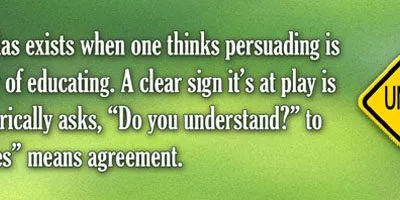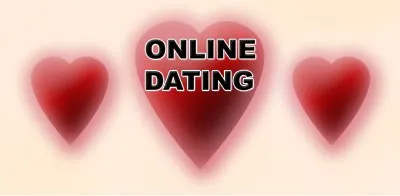Why More Information And Education Don’t Solve Problems
More information and education often don’t solve problems alone. Yet, people often think they do. It’s common. It shows up whenever one... Read More
Vanity Sizing in Fashion, A Lesson In Statistical Abuse
Posted on10 May 2012
TagsChallenge, defintions, fashion, glass, ignorance, numbers, perception, problem solving, statistics, The Economist, vanity sizing
Comments0
How we position things greatly influences the outcome. In the April 7, 2012 edition of The Economist the article, “Dressing Up,” uncovers... Read More
The Defensiveness Beauty Triggers At Work Shows Its Power
We often hear about the jealousies women have for other women who they feel are attractive. While it’s easy to discount this... Read More
People Eat Escargot, Not Snails
Posted on05 Apr 2012
Tagsanalogy collection, words, word choice, The Economist, taste, Roget's Thesaurus, rational actor theory, problem solving, phraseology, food, emotions, decisions, connotations, behavioral economics
Comments3
The research behind behavioral economics is full of emotional solutions to everyday problems. By tapping into the emotional biases behind our decisions,... Read More
How Much Does a Kilogram Weigh?
Posted on26 Mar 2012
Comments0
We often view measurements as unchangeable. A meter is a meter, a pound a pound. We often forget that at some time... Read More
Management Lessons from Online Dating
Posted on05 Mar 2012
Tagsinterpersonal, Thoughts, thinking process, The Economist, Stanford, speed dating, Sheena Iyengar, problem solving, Personality, online dating, Northwestern University, Mark Lepper, management, leadership, freedom-order duality, freedom, Eli Finkel, decisions, Columbia University, Choice
Comments0
The article, “The Modern Matchmakers,” from the February 11, 2012 edition of The Economist contained two major business lessons that I’ve discussed... Read More
Euphemisms: Preferring Illusions to Reality
Posted on02 Feb 2012
Tagslabels, compensation, connotations, definitions, euphemisms, food, George Orwell, glass, illusion, Jack Nicholson, cognitive dissonance, Making Murder Respectable, phraseology, reality, sensitivity, The Economist, Tom Cruise, vanilla words, word choice, words, 1984, A Few Good Men
Comments4
Words have power, not only in their definitions but also, more importantly, in their connotations. The article, “Making Murder Respectable,” from the... Read More
Aggressiveness as Defect
Posted on16 Jan 2012
TagsAmerican Civil War, University of Antwerp, trap, The Economist, screen pass, perspective, Personality, Laszlo Garamszegi, hubris, Hannibal, Battle of Gettysburg, Battle of Cannae, aggressive
Comments0
Confederate Attacks (Red) on the Union (Blue) at the 3-Day’s Battle of Gettysburg In business, people often see aggressiveness as a virtue;... Read More
Consumer Psychology & Freud’s Rebirth
Posted on29 Dec 2011
Tagsjudges, decisions, emotions, Ernest Dichter, Sigmund Freud, intuition, irrational, names, online dating, Retail Therapy, retailing, subconscious, The Atlantic, The Economist
Comments4
There is no place that the revisiting of our unconscious urges are taken more seriously than in retailing. The Economist article “Retail... Read More
Blank Slates No More
Part of what makes intuition so powerful is the assumption that we are born with personalities, talents and knowledge. Life then becomes... Read More






